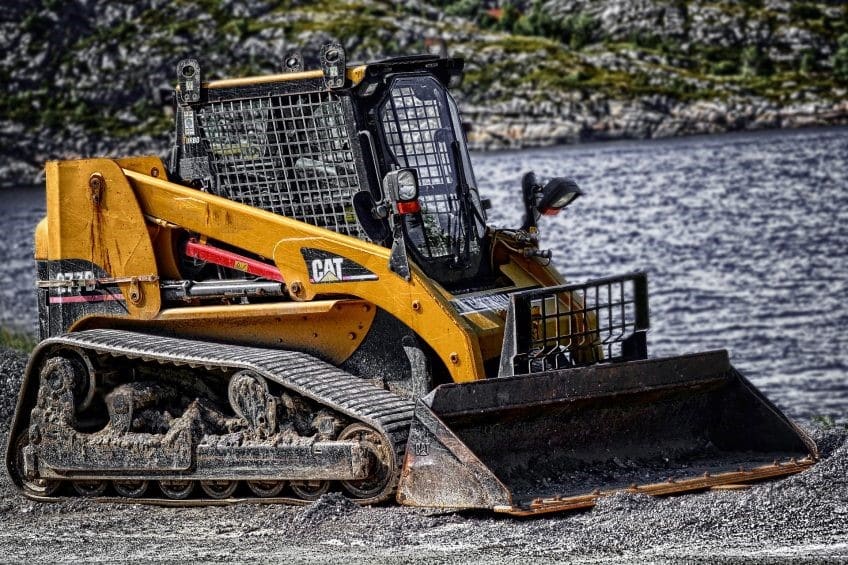Liability For Injuries While Horse Riding In Florida
Personal InjuryIn Florida, there is a general rule that the owner of a horse is not legally responsible for injuries that occur while allowing a third person to ride the horse. There are a number of exceptions to this general rule outlined below.
General Immunity For Horse Owner Is The Starting Point
The general rule cited below shows us where to begin our legal analysis. The immunity statute is considered a broad grant of immunity to horse owners in Florida and is binding unless the statute either does not apply or there is an exception.
Section 773.02, Fla. Stat. states:
Except as provided in s. 773.03, an equine activity sponsor, an equine professional, or any other person, which shall include a corporation or partnership, shall not be liable for an injury to or the death of a participant resulting from the inherent risks of equine activities and, except as provided in s. 773.03, no participant nor any participant’s representative shall have any claim against or recover from any equine activity sponsor, equine professional, or any other person for injury, loss, damage, or death of the participant resulting from any of the inherent risks of equine activities.
Further, the “inherent risks of equine activities” is specifically defined in section 773.01(6), Fla. Stat. as:
[T]hose dangers or conditions which are an integral part of equine activities, including, but not limited to:
(a) The propensity of equines to behave in ways that may result in injury, harm, or death to persons on or around them.
(b) The unpredictability of an equine’s reaction to such things as sounds, sudden movement, and unfamiliar objects, persons, or other animals.
(c) Certain hazards such as surface and subsurface conditions.
(d) Collisions with other equines or objects.
(e) The potential of a participant to act in a negligent manner that may contribute to injury to the participant or others, such as failing to maintain control over the animal or not acting within his or her ability.
This covers just about everything that can happen on a horse. The law recognizes this immunity because a horse is an animal with a mind of its own. Even the most careful owner or the most experienced rider cannot predict when a horse is going to get spooked and take off running.
Legal Exceptions Can Defeat Immunity For Horse Owners
With all of that being said, the immunity offered in Florida to horse owners is not absolute. Section 773.03, Fla. Stat. provides the following exceptions:
Nothing in s. 773.02 shall prevent or limit the liability of an equine activity sponsor, an equine professional, or any other person if the equine activity sponsor, equine professional, or person:
a). Provided the equipment or tack, and knew or should have known that the equipment or tack was faulty, and it was so faulty as to be totally or partially responsible for the injury;
b). Provided the equine and failed to make reasonable and prudent efforts to determine the ability of the participant to engage safely in the equine activity, or to determine the ability of the participant to safely manage the particular equine based on the participant’s representation of his or her ability;
c). Owns, leases, rents, has authorized use of, or is otherwise in lawful possession and control of the land or facilities upon which the participant was injured, and the injury was due totally or in part, to a dangerous latent condition which was known to the equine activity sponsor, equine professional, or person and failed to post warning signs;
d). Commits an act or omission that a reasonably prudent person would not have done or omitted under the same or similar circumstances or that constitutes willful or wanton disregard for the safety of the participant, which act or omission was a proximate cause of the injury;
e). Intentionally injures the participant.
Improper Equipment
Perhaps the most obvious of these exceptions is for improper equipment (aka “tack”) or improperly installed tack. If the owner of a horse provides you with a horse but fails to install the saddle appropriately, then while riding the horse you fall off because the saddle wasn’t strapped on properly, then you can defeat the statutory immunity to the horse owner.
Dangerous Conditions
The case of McNichol v. S. Florida Trotting Ctr., Inc., 44 So. 3d 253 (Fla. 4th DCA 2010) addressed the legal liability of an owner who allowed a dangerous condition to exist on the equestrian track. In the case, the owner of an equine training track had created a large mound of dirt around a track that blocked access to the grass infield. This unusual condition caused the trainer to lose control of the horse and sustain a personal injury. The owner testified that the mound was not something you would normally find on a training track, was a hazard for training horses, and had no legitimate purpose. The mound had been created while cleaning up following a severe storm in the area. Thereafter, the case was allowed to go to a jury trial on issues of comparative fault.
Inexperienced Riders
Another area of concern for legal liability is that of the inexperienced rider. When the owner of a horse pairs an inexperienced rider with a horse that should only be ridden by someone with experience, the statute provides an exception to hold the owner responsible to reasonably determine the rider’s ability level before pairing them with a horse. Likewise, a young child or novice rider should not be placed on a horse that is wild or that is normally difficult to handle. At present, no Florida court has addressed this issue, however, one must assume that the owner of a race horse is going to be held legally responsible if they place a novice rider or young child on that race horse and it takes them for the ride of their life.
Call A Lakeland Personal Injury Attorney To Discuss Your Injury
If you have suffered an injury and need legal accountability, you should contact a Lakeland personal injury attorney for a free appointment with an attorney to discuss your injury case.


